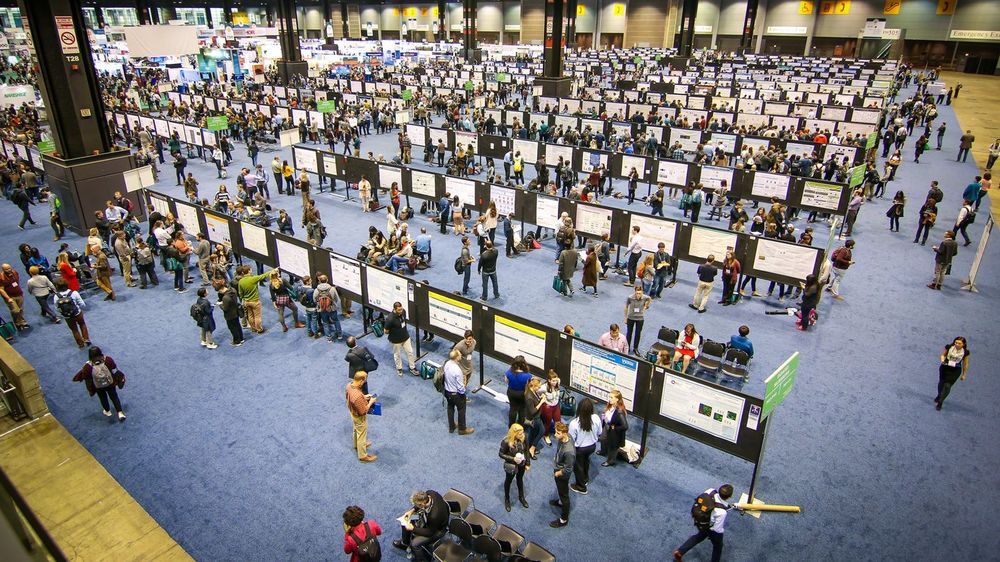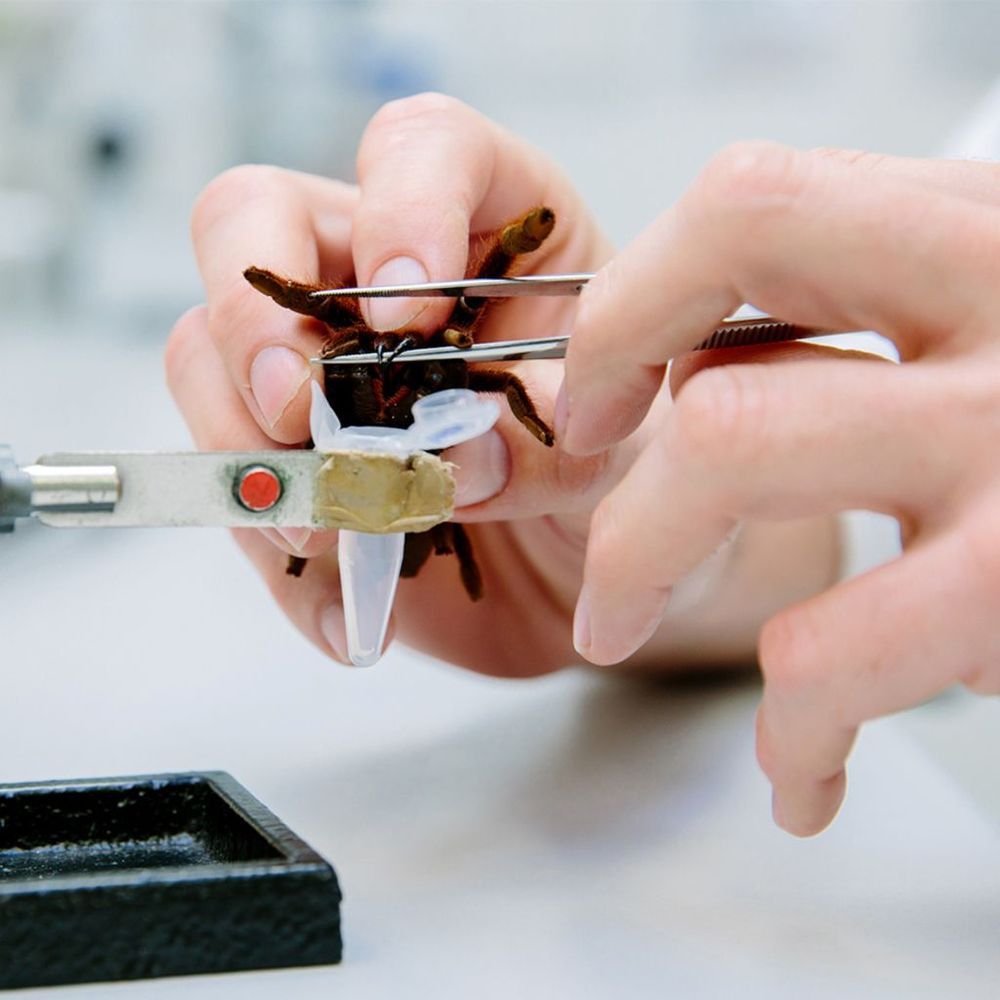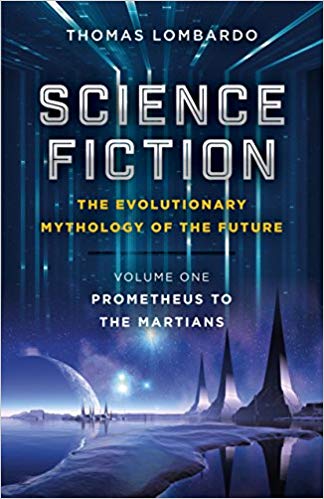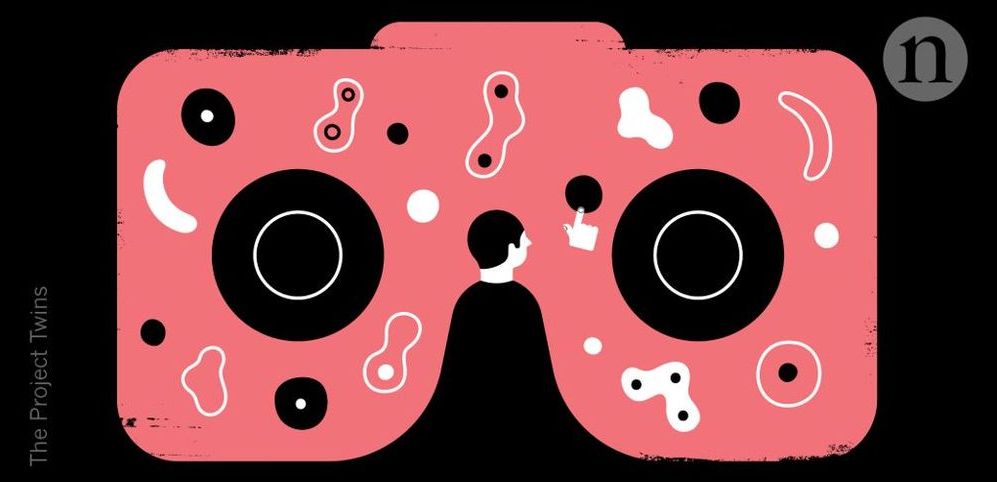Your children are the people in this world who you most want to be happy, healthy and successful. And like it or not, your behavior as a parent has a lot to do with it. Here’s what researchers say the parents of high-achieving kids do differently.
According to a study published in the Journal of Experimental Child Psychology, lying to kids — even bluffs of punishment — results in children growing up to be liars themselves and having other problems, as well. Researchers queried 379 young adults about how much their parents lied to them when they were children and what behaviors they practice now that they’re grown up. Individuals who recall being lied to more as children were also more likely to admit lying to their parents as adults. They also reported having a harder time dealing with psychological and social challenges, indicating having experienced behavioral problems, guilt and shame, as well as engaging in selfish and manipulative conduct.
Most parents would agree that life would be easier for everyone if children would always listen to their parents, do what they request and follow their advice. But according to research conducted at Cardiff University in the U.K., an adult’s tone of voice has a lot to do with compliance. In the study, more than 1,000 teenagers were put into groups in which they all heard the same 30 messages voiced by mothers regarding schoolwork, but delivered with different intonations: controlling, autonomy-supportive or neutral. Afterward, the students answered surveys regarding how they would feel if their own mother communicated as the one in their group had. Almost across the board, teens who listened to the mother speaking in a controlling manner responded negatively. The kids who heard the mother speaking in a supportive way responded positively, and more so than the ones who heard a neutral tone of voice. So, if you want your kids to do what you say, don’t say it like you’re their boss.






